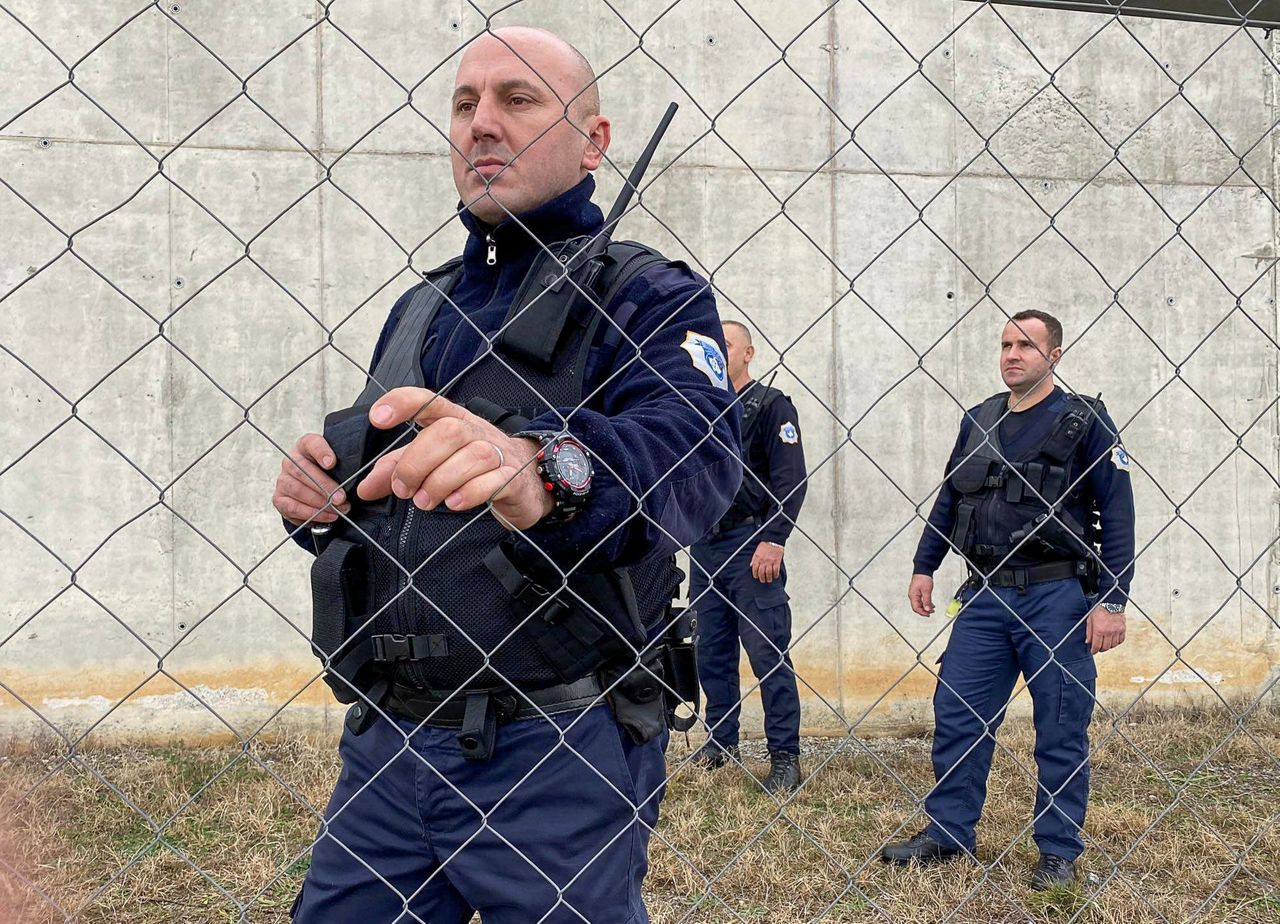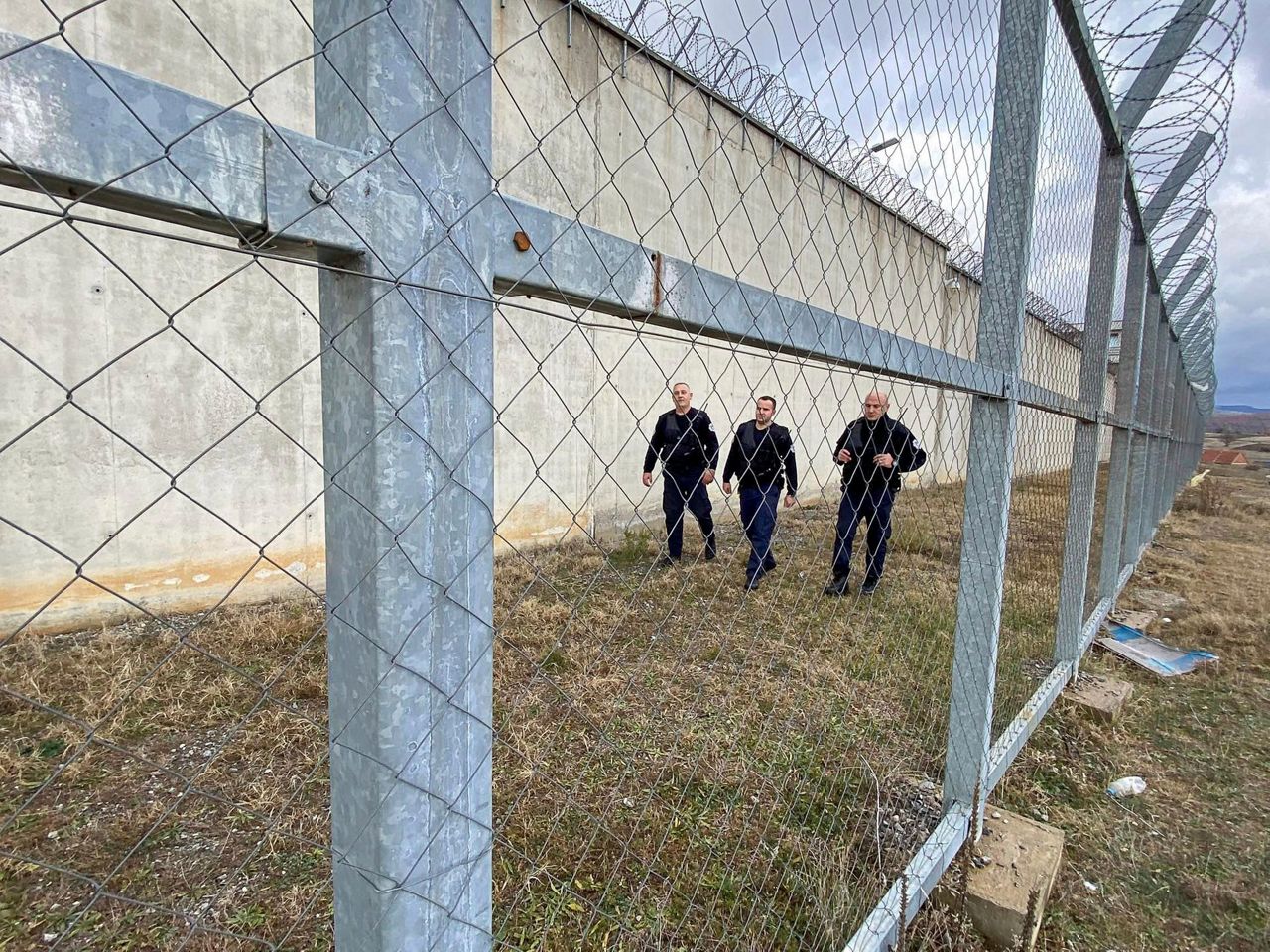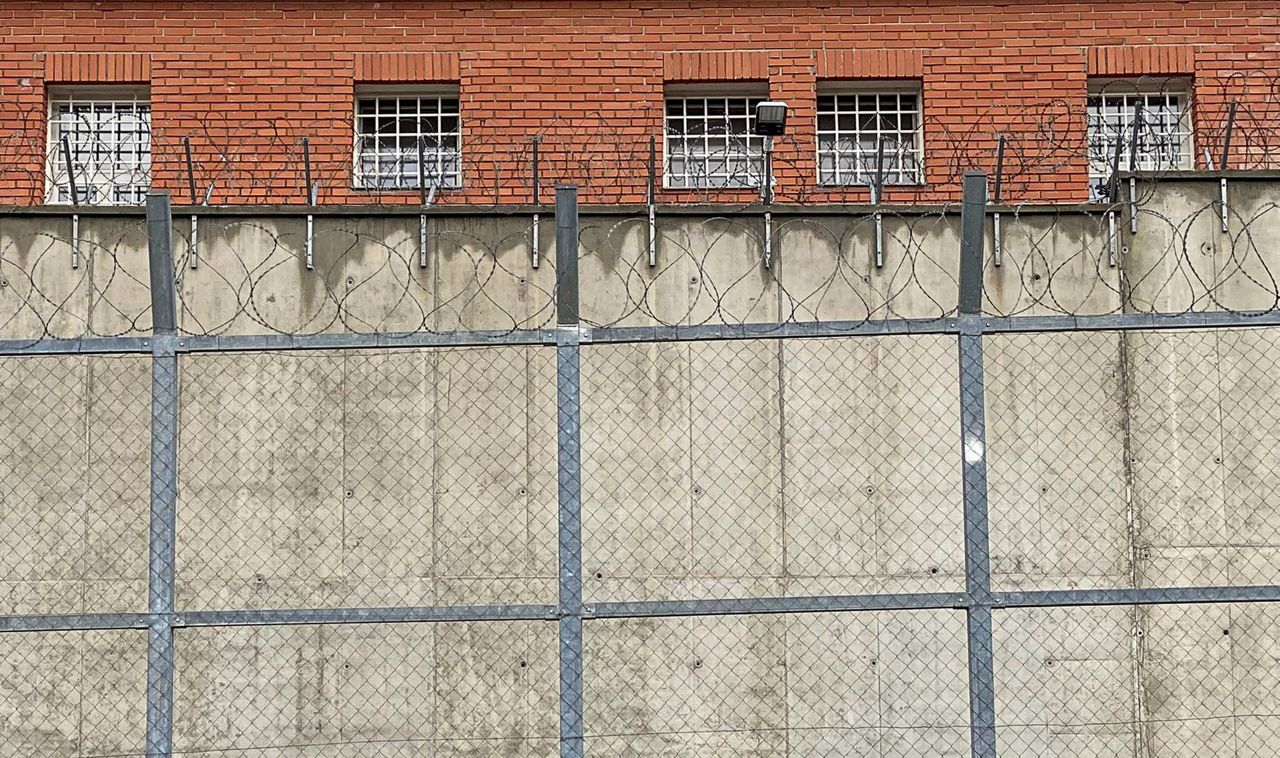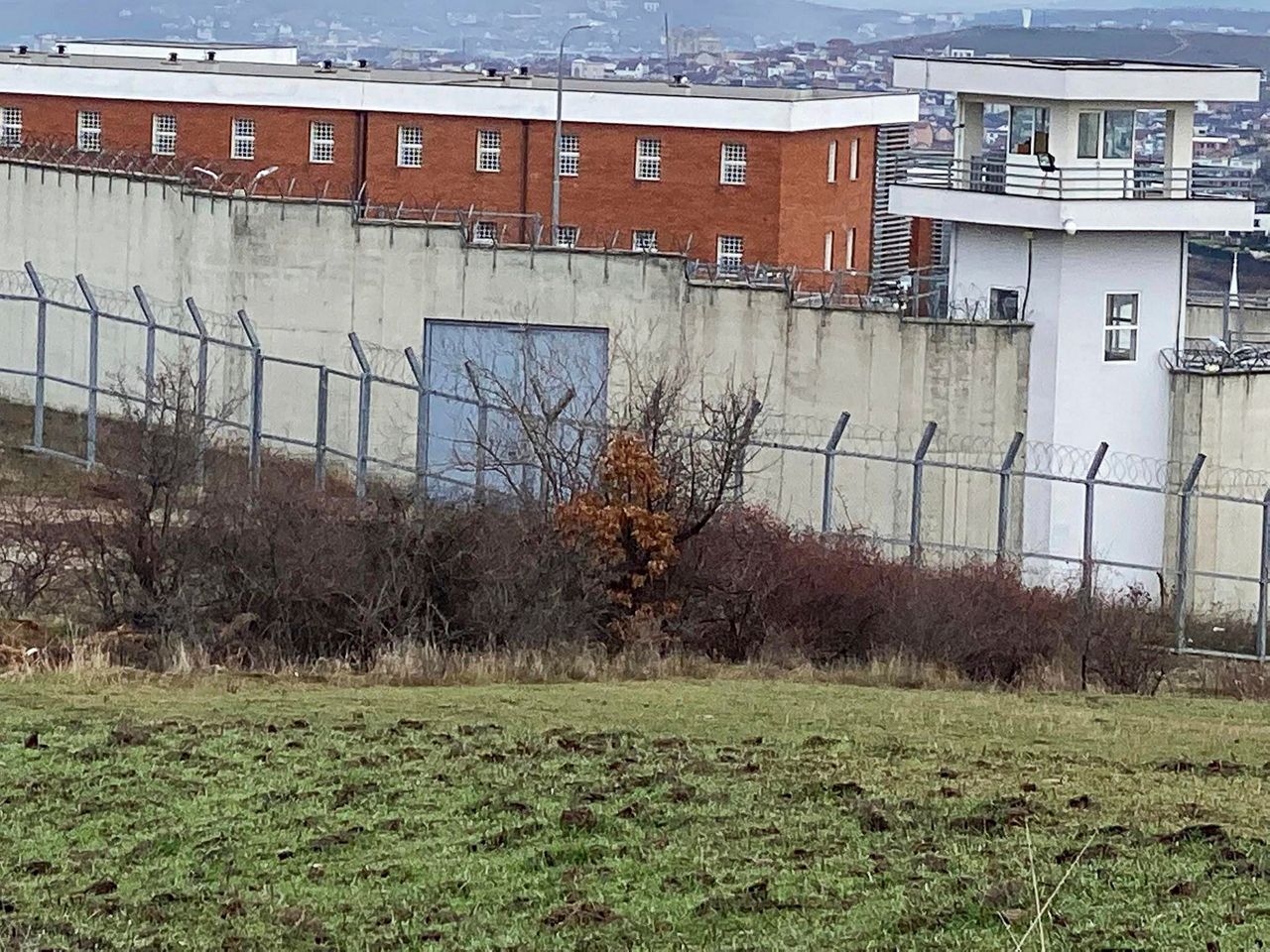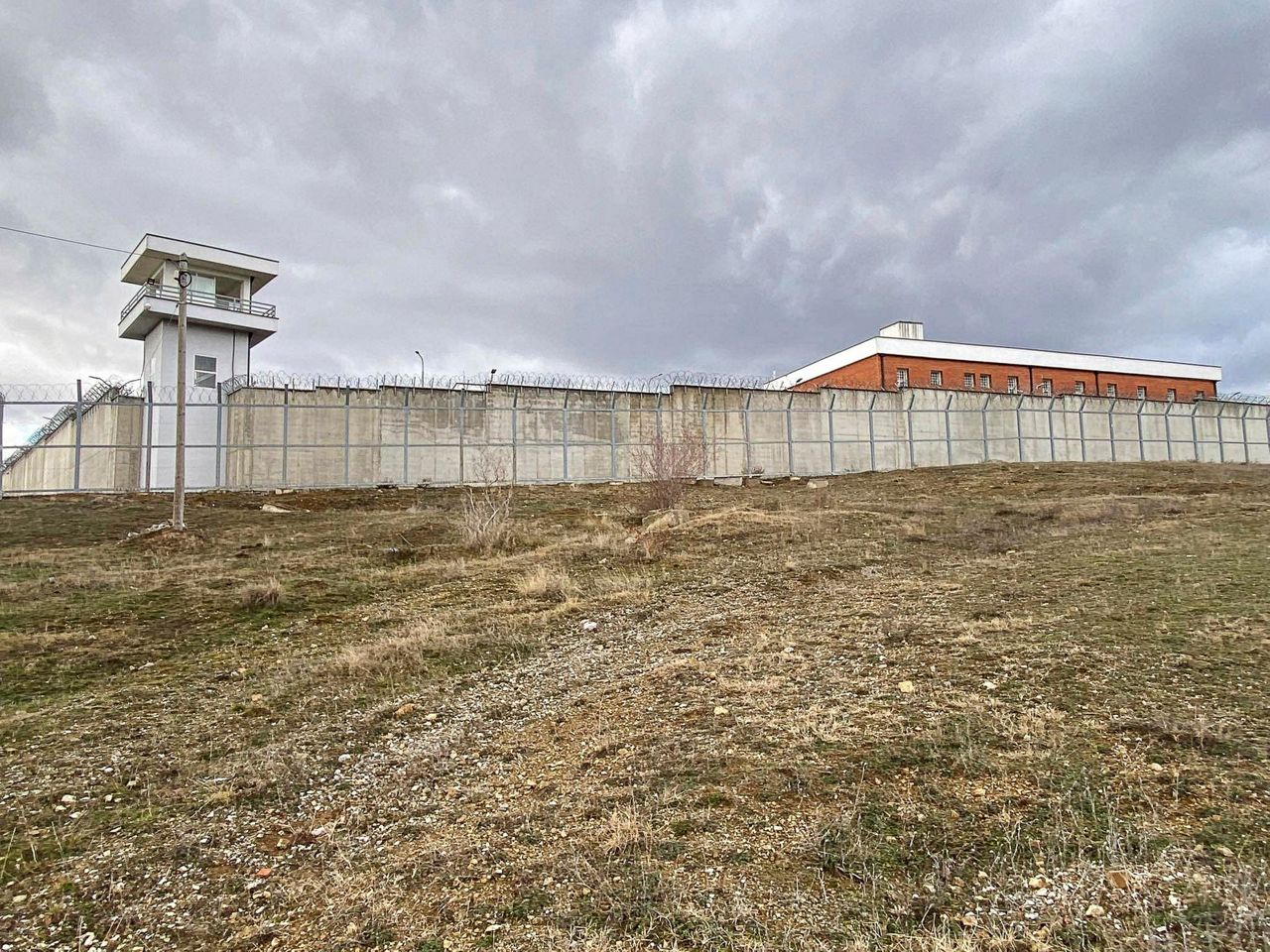PRISTINA, Kosovo (AP) — Kosovo is hopeful that a deal with Denmark to rent 300 prison cells to help the Scandinavian country cope with its overpopulated prison system would help upgrade its correctional service and also cope with the energy crisis.
The justice ministry has said the small Balkan country would be paid 210 million euros ($236 million) from Denmark for a 10-year agreement, which will fund Kosovo’s justice system and renewable energy projects.
Earlier this week, Danish Justice Minister Nick Haekkerup said the agreement with Kosovo would help "expand the prison capacity in Denmark by several hundred places.”
Eris Hana, a senior legal adviser with Kosovo's justice ministry and also part of the negotiating team, said the deal also included a donation of “more than 60 million euros ($68 million) for 10 years” to help Kosovo build green energy.
Kosovo’s energy system, totally based on coal production, is in crisis, producing only 60% of daily consumption, which has resulted in daily cuts.
The Danes have conducted a research study from that concluded that Kosovo’s correctional institutions “have the best infrastructure in the region and also have the capacity to take 300 inmates,” Hana said.
Haekkerup, the Danish minister, said Friday that "it will be a groundbreaking and historic agreement that will both create space in our prisons and ease the pressure on our prison officers,” Denmark will expand the capacity of Danish prisons by creating 326 new places in existing jails.
Kosovo’s prison system has a capacity of up to 2,000 from which about 400 are still free.
The plan is for the 300-cell prison in Gjilan, 50 kilometers (30 miles) southeast of the capital, Pristina, to be used to house the inmates from Denmark, according to Hana.
A Danish warden will run the new 300-cell facility, accompanied by an Albanian one and other local staff.
Fatmira Haliti of the Kosovo Rehabilitation Center for Torture Victims, a nonprofit organization that monitors the system, said that transferring about 200 inmates from Gjilan prison to make way for Danish prisoners would naturally overpopulate other prisons.
Despite systemic improvements and some new facilities in recent years, "Kosovo’s correctional service leaves much to desire and can hardly be compared to those in Denmark,” Haliti said.
Hana said they aren't speeding up negotiations, which are considering every detail. The Danish delegation is requesting investment in infrastructure.
“We want to create the same standard for them and we will achieve it,” he said, referring to Denmark's prison standards.
Following the letter of intent to be signed next week, the agreement is expected to be signed early next year and then both countries' parliaments should ratify it.
“One of the strongest and biggest benefit is that we are returning the Kingdom of Denmark as a strategic partner to the Republic of Kosovo, and we are making them one of our strongest donors,” he said.
___
Llazar Semini reported from Tirana, Albania. Jan M. Olsen contributed to this report from Copenhagen, Denmark.
___
Follow Llazar Semini at https://twitter.com/lsemini
Copyright 2021 The Associated Press. All rights reserved. This material may not be published, broadcast, rewritten or redistributed without permission.



